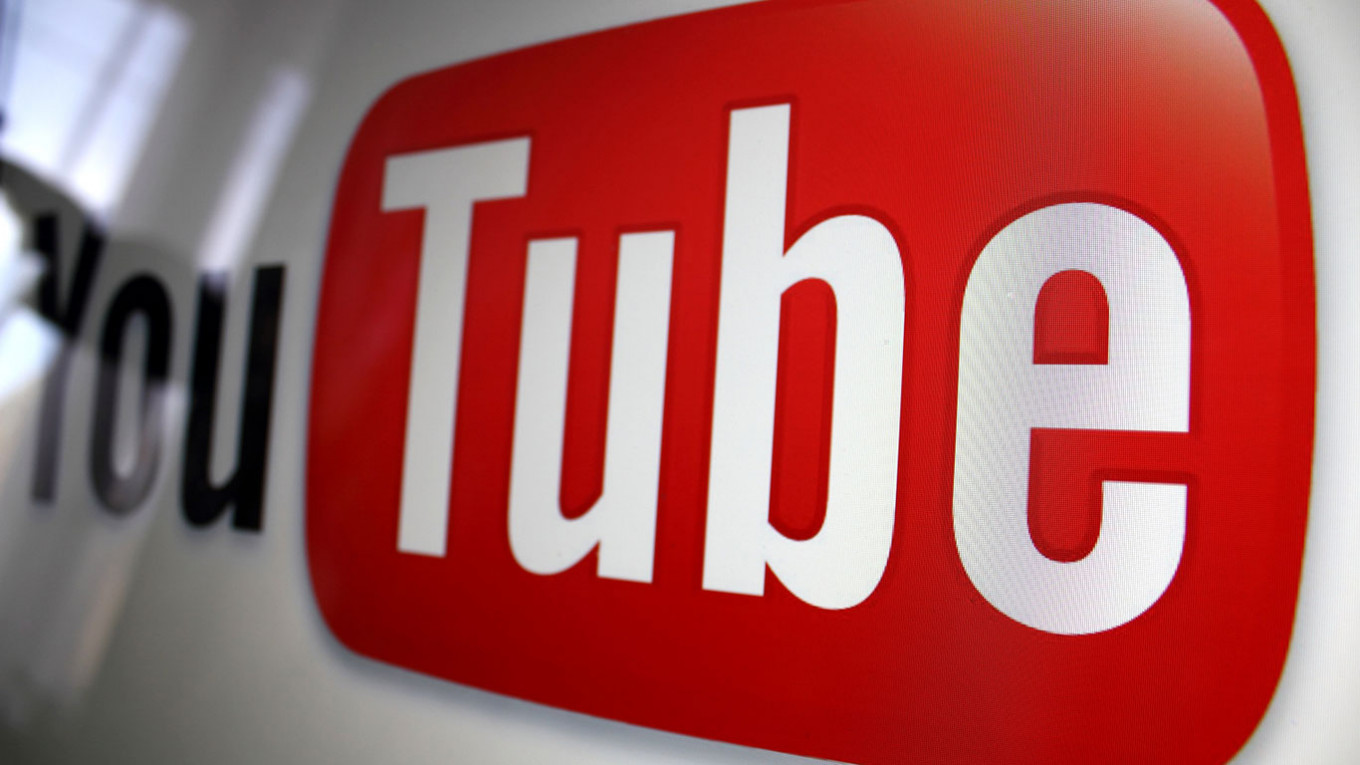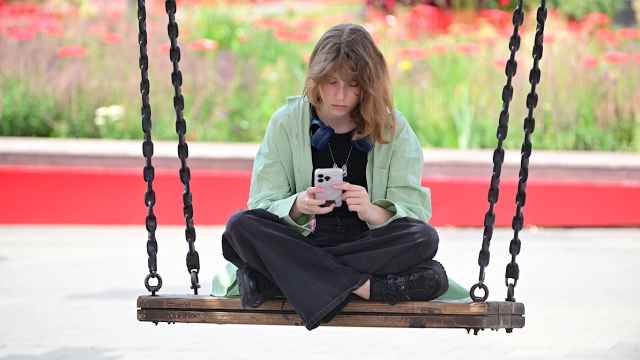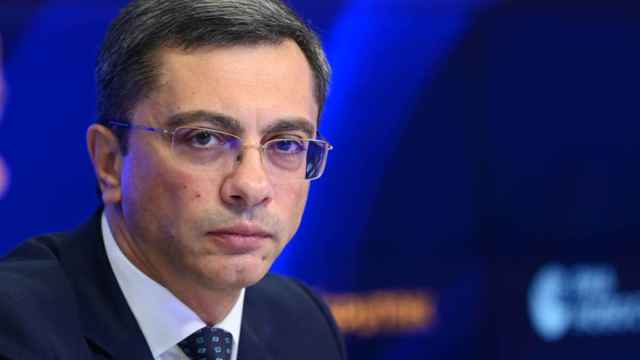Russian internet providers have started implementing workarounds to speed up YouTube amid what appears to be a government effort to throttle the video streaming platform, the Kommersant business daily reported Wednesday, citing industry insiders.
The move comes nearly a month after online users in Russia started experiencing sharp declines in YouTube loading speeds. These disruptions coincided with warnings from Russia’s state-owned telecom giant that “technical issues” caused by Google's removal of equipment from the country would lead to slowdowns.
At the same time, Russia’s state media regulator, Roskomnadzor, called on Google CEO Sundar Pichai to restore over 200 YouTube channels belonging to pro-government Russian media, the authorities and other public figures.
But with no official statement from Roskomnadzor about the YouTube slowdown, telecom companies have begun deploying tools to make the website more accessible for their customers.
A telecommunications industry source cited by Kommersant said dozens of internet providers have already installed systems to bypass the apparent throttling. Another insider reported that user traffic is being rerouted from Google’s Russian servers to European ones.
“We don’t see any rule violations,” said Oleg Grishchenko, president of the telecom association Rosteleset, which represents over 200 regional providers. “There are no official restrictions on YouTube.”
Yekaterina Abashina, a lawyer at Moscow’s First Digital Bar Association, told Kommersant that while telecom operators are responsible for blocking banned websites, they are not liable for the “poor quality of traffic filtering” through Roskomnadzor’s systems.
However, Abashina warned that these workarounds could expose providers to other legal risks. “Manipulating traffic could lead to violations under the Administrative Code articles governing the operation of TSPU [technical means of countering threats], which could result in the revocation of their licenses,” she told Kommersant.
Since the full-scale invasion of Ukraine in early 2022, the Russian authorities have accused YouTube and Google of spreading “terrorist” anti-war content, fueling speculation that the video-streaming website might be blocked entirely.
A Message from The Moscow Times:
Dear readers,
We are facing unprecedented challenges. Russia's Prosecutor General's Office has designated The Moscow Times as an "undesirable" organization, criminalizing our work and putting our staff at risk of prosecution. This follows our earlier unjust labeling as a "foreign agent."
These actions are direct attempts to silence independent journalism in Russia. The authorities claim our work "discredits the decisions of the Russian leadership." We see things differently: we strive to provide accurate, unbiased reporting on Russia.
We, the journalists of The Moscow Times, refuse to be silenced. But to continue our work, we need your help.
Your support, no matter how small, makes a world of difference. If you can, please support us monthly starting from just $2. It's quick to set up, and every contribution makes a significant impact.
By supporting The Moscow Times, you're defending open, independent journalism in the face of repression. Thank you for standing with us.
Remind me later.






